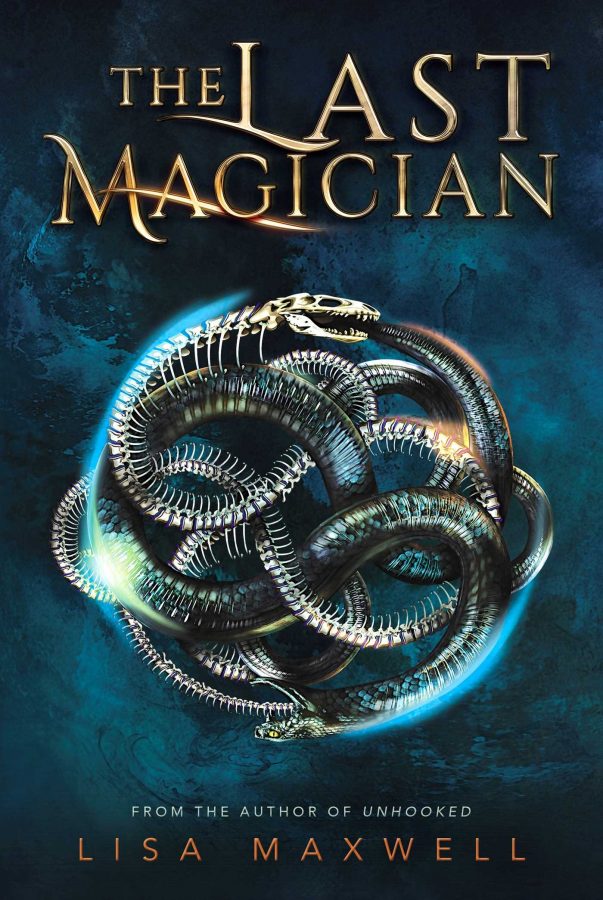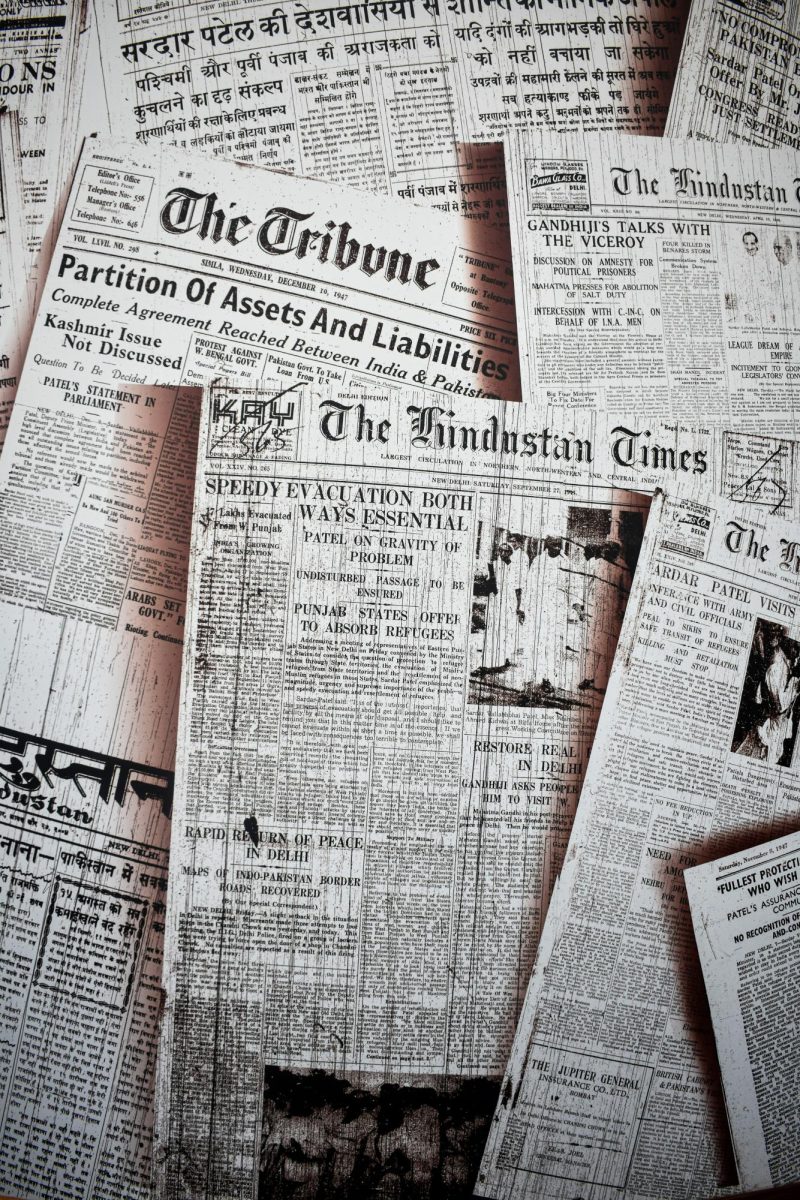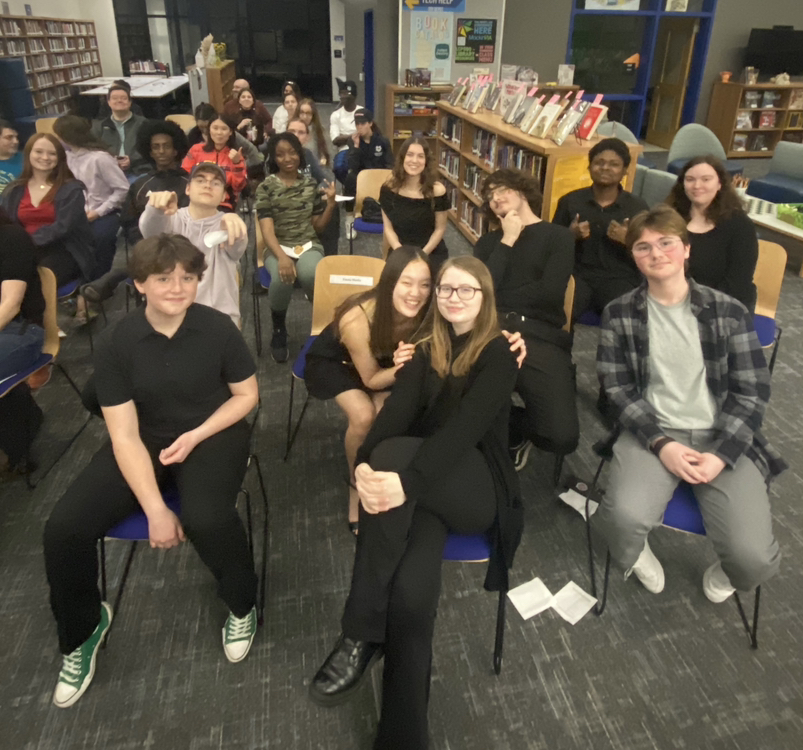By — Danny Kistner
Local author Lisa Maxwell hit the New York Times bestseller list with this book several years back, and having read one of her earlier works, Unhooked, I can’t say that I was coming into this with high expectations. Eventually, I was right for it, as this garbage fire of tonal promises broken, a disjointed and unlikable cast of too many, a convoluted plot, and an erratic changing of pov’s constantly, made for a disappointing and generally boring read.
The Premise
This book follows far too many useless characters, chief of which is named Esta, a girl who has the ability to mold time to her convenience and can in fact jump back in time with a magical bracelet. She does this, as instructed by a vague father figure and eventual antagonist, named the Professor. Magic is mostly extinct in modern New York you see, but in the 1800s it’s all still very much there, along with a never-explained harmful barrier that people with magic cannot cross. Our mysterious and plot convenient evil-doers were called the Magaeus and hoped for nothing but an end to magic and immigrants for reasons not clarified.
She is sent back to find a man called the Magician, who turns out to be fellow magic user named Harte, who she is compelled to fall in love with as a result of the plot and his stale snark. After having joined a gang, experienced some ultimately meaningless betrayals, and realized that the Professor is actually fellow mobster Nibs, she is forced to stay in the 1800s to attempt to bring down the Magaeus once and for all.
The Good
There was an extremely small amount of content keeping this book afloat and to say anything was good is to have me greatly hesitate. The prose was perhaps the most enjoyable, simple, but it did its job in immerse. This hardly mattered though with the whiplash of two-page-long chapters wherein a separate person’s pov was described each time. It wasn’t the same two or three characters either, it was probably more around seven and with the reader never getting the time to get to know characters or motives or more than two sentences of dialogue at all per person, it was sort of awful.
The other not so awful thing was the romance, which pains me to say, though the chemistry between the two characters wasn’t totally cardboard, it also didn’t make sense, and was far too often framed within sexism (her lack of ability to grasp the attitudes and social issues of 19th century New York City is something I get to in a bit), which was only worsened by Harte’s insistent and often stale snarky remarks.
The ending pleasantly surprised me though, it wasn’t terrible, though it left me with more questions than answers and not the kind of questions that you leave open for the potentiality of a sequel.
The Bad (and Ugly)
The worst of this book were its characters. Honestly, I’m not even sure where to begin. Except I am. There were too many of them, so many that I generally forgot who was who and went back several times to double check. The chapters were only about four hundred words each, which meant that not only was I being shot all over New York City within seconds, but it was done so from characters who I didn’t know, didn’t care about, or both. Most character motives didn’t make sense to me and were often never explained. Dolph for example, who turned out to be Esta’s father, would eventually be killed by Nibs, though this was totally unnecessary and only proved to make his betrayal so much more expected as the reader found out before the characters how evil Nibs actually was. The same goes for Tilly, the gang’s chef and lady love of Violetta, when she had to die. I don’t understand why Violetta had to use her powers to kill her, beyond making her emotionally vulnerable so Esta could have a gal pal throughout the rest of the book.
Adjacent to this was Maxwell’s description of women, which is to say no different from any cishet male author ever and was done only in terms of desirability, which was beyond frustrating. Her handling of social issues, from sexism to racism to xenophobia, were just as distasteful, though it was the sexism that stood out from all of these and though I won’t get into too much detail for lack of wanting to write a complete rant, I will say it was obvious Maxwell had no clue about the history of gender equality efforts. A few more words: stop using femme fatal as a trope, it does not empower women, it degrades and limits them.
And lastly, the pacing. Along with whiplash point of views, there was almost no thought put into how to build tension and how the constant interruption of action—such as the climax, what is supposed to be the most important moment of the book—takes away from that entirely. I wouldn’t read this book again and I’d only recommend it to someone if they want to know how not to write multiple pov’s.
Overall — 2 / 5 Stars (half of that second star is because I feel bad)






